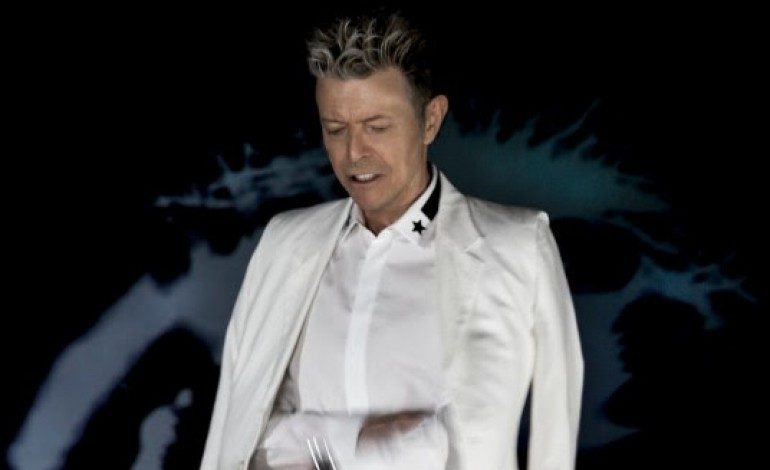

A 1983 video interview with David Bowie on MTV has resurfaced, where Bowie criticizes MTV’s lack of featuring Black artists on their program. The video has gained popularity due to the recent protests in support of Black Lives Matter, and critiques on a lack of representation in music and media.
MTV first posted the video the day after Bowie’s death in 2016, with it gaining popularity over the past week due to current discussions about race in the wake of George Floyd, Breonna Taylor and Ahmaud Abery’s recent deaths. Bowie, discussing his disappointment with VJ Mark Goodman, begins by explaining it had only occurred to him over the last few months that MTV did not have a lot of Black artists included in their programming.
“We’re trying to move in that direction,” Goodman said. “We want to play artists that seem to be doing music that fits into what we want to play for MTV. The company is thinking in terms of narrowcasting.”
Bowie continues with his critique, telling Goodman, “That’s evident.” He went on to state he only sees Black artists being featured from around 2:30 in the morning until six a.m. He then noted things had slowly been changing, but only in recent weeks.
“There seem to be a lot of Black artists making very good videos that I’m surprised aren’t used on MTV,” Bowie said.
Goodman explained that MTV was aiming to appeal to audiences in New York and California, in addition to audiences in rural mid-Western towns. He mentioned that they wanted to keep their views, and were aware some of those towns would be “scared to death by Prince.” Bowie asked him if he thought that was interesting, nodding quizzically as Goodman spoke.
Goodman argued MTV had an obligation to play what they felt the whole country would like, and asked what 17-year-olds would have a connection to the Isley Brothers.
“Well I’ll tell you what maybe the Isley Brothers or Marvin Gaye mean to a Black 17-year-old,” Bowie said. “And surely he’s part of America.”
Bowie then went on to clarify he understood a lack of diversity was prominent in all media at the time, explaining it wasn’t only MTV. He highlighted how all media should be working towards inclusion.
“I think it’s happening, because white music and white musicians are starting to play, now more than ever, more than they have lately let’s say in the last 10 years, what Black artists have been into,” Goodman said. “And now, hopefully, the lines are going to start to blur, and when we play a band like ABC, there’s white and Black kids enjoying it, so it’s a little bit easier for a white kid to understand it.”
Goodman went on to describe how MTV had recently gotten a letter from an angry fan, arguing over what he didn’t want to see on the television station. Bowie responded how that was the kid’s problem.
“It’s not like it was in ‘67 where say ‘yeah, I’m not into that, but you are? Yeah,’” Goodman said. “Now it’s, ‘You’re into that? I don’t like you. And that’s scary. We can’t just turn around and go, well look! This is the right way! We can only teach, I think a little bit at a time.”
The camera closed in on Bowie’s critical face, only stating he understood Goodman’s point of view. The interview highlights how 1983 is not much different from the current day, with Black artists continuing to fight for diversity. Recent protests have already brought some change, and record company BMG announced last week they plan to review all their contracts to check for racial inequalities. Black Out Tuesday on June 2 saw the entire music industry shut down for a day in support of the Black Lives Matter movement and protests.
Warner Music Group donated $100 million to social justice organizations after the protests began, while Sony Music stated they plan to create their own $100 million fund to support social causes and Universal Music Group announced they will create their own $25 million “Change Fund.”
